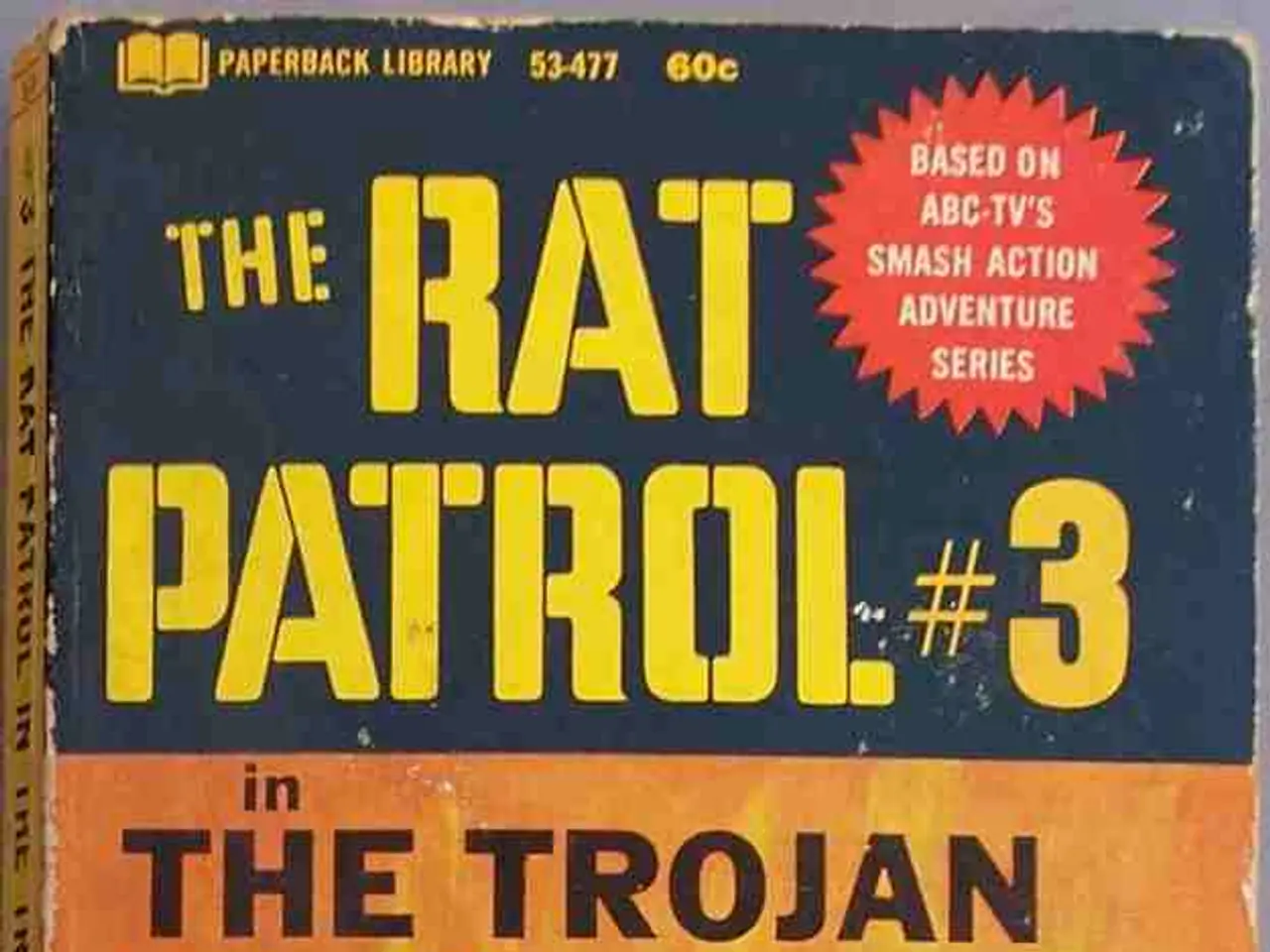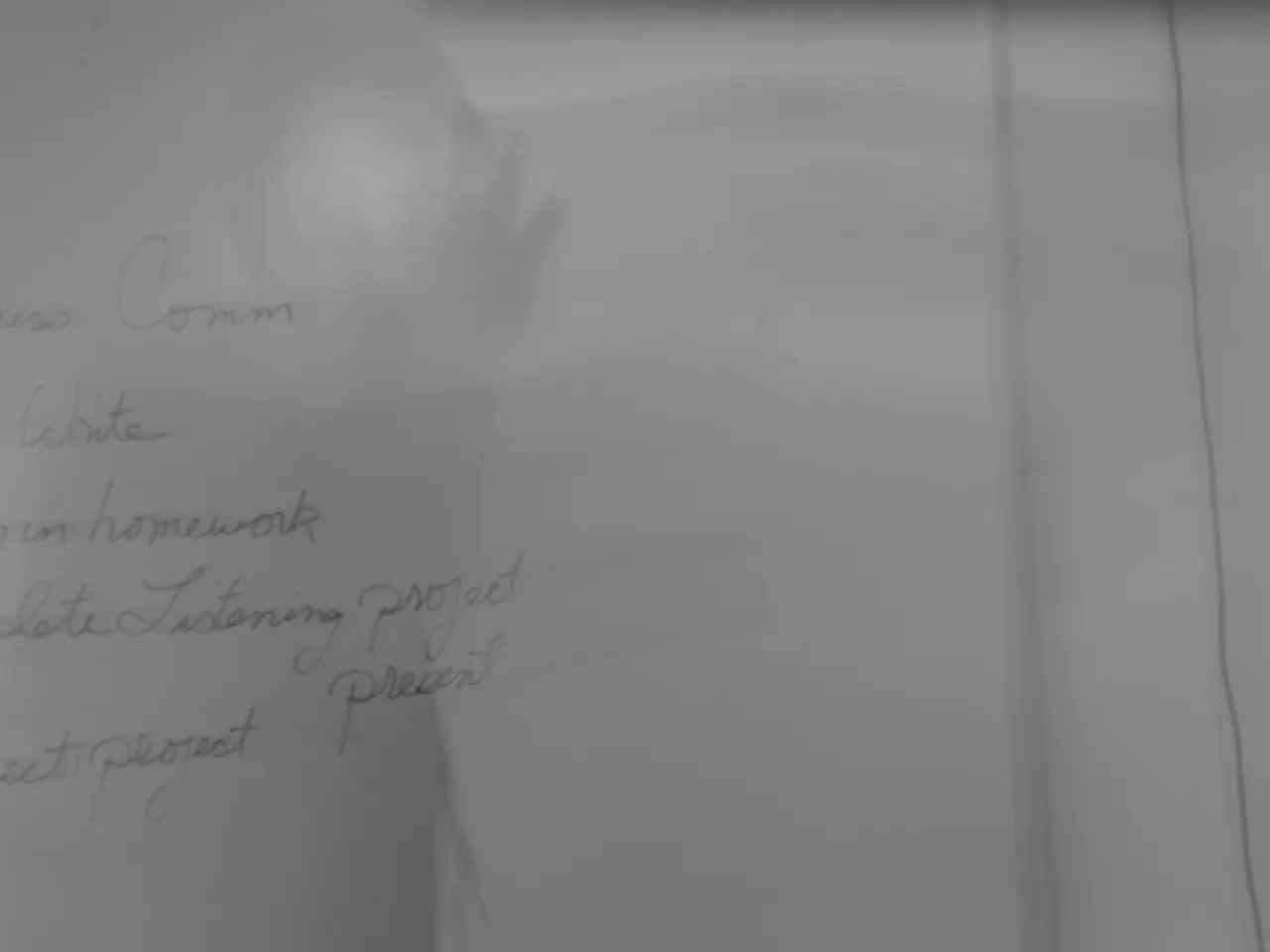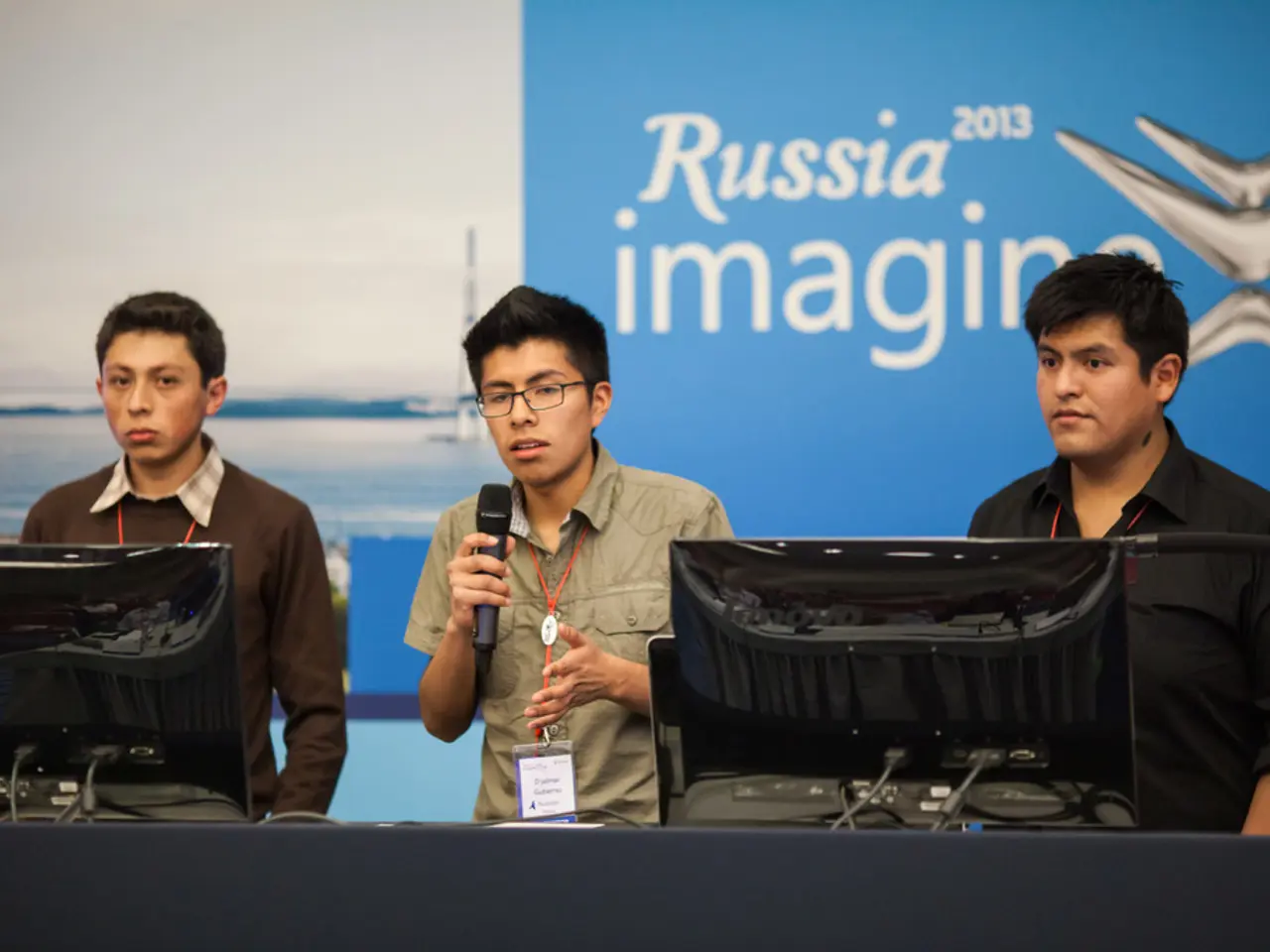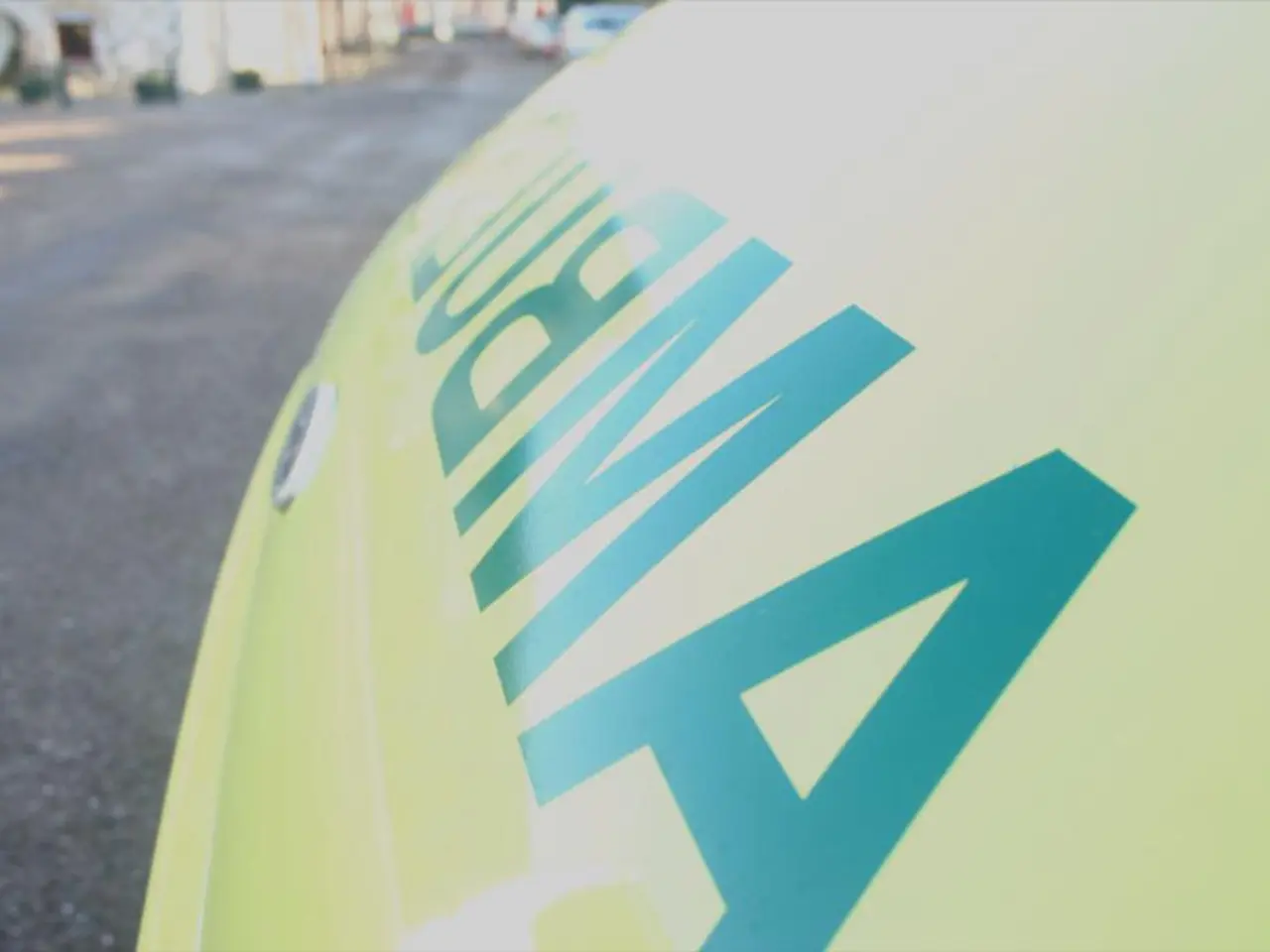Defense vetting scrutinized by auditor
Taiwan's Ministry of National Defense Faces Criticism Over National Security Vetting
The National Audit Office in Taiwan has released a report criticizing the Ministry of National Defense (MND) for failing to conduct national security vetting for downstream subcontractors. This oversight has raised concerns about the security of sensitive defense-related operations and the safeguarding of sensitive military technologies.
According to the report, the MND has not collaborated with the National Science and Technology Council on nonclassified defense technology, and the ministry has only vetted one out of 25 types of key defense technology subsidized by the council as military material. This has prevented national security vetting from being conducted on numerous contractors.
The Defense Industry Development Act requires the MND to annually vet the security of regulated military material suppliers without any exemptions. However, the report indicates that the MND lacked effective mechanisms or full implementation of existing guidelines to ensure national security vetting was enforced for all subcontractors involved in defense contracts.
This failure to conduct national security vetting for downstream subcontractors has echoed similar issues in global defense procurement and outsourcing environments. For example, similar problems in vetting private contractors and their subcontractors were noted in U.S. defense contexts, where industrial espionage and infiltration by foreign adversaries have occurred because downstream subcontractors were not properly vetted or cleared.
In response to the criticism, the MND has acknowledged the issues raised by the National Audit Office and is working with their counterparts in other ministries to address the shortcomings underscored in the report. Defense officials have cited the necessity of protecting classified blueprints as the reason for their lack of cooperation, but did not provide a working definition of what nonclassified technology meant.
The MND has internal rules that waive the national security vetting process for subcontractors not involved in the production or manufacturing of classified systems, which contradicts the Defense Industry Development Act of 2019. Suppliers working with Aerospace Industrial Development Corp on the T-5 advanced trainer jet program were among those that officials did not vet.
In 2021, defense officials established rules for assisting domestic defense manufacturers in obtaining certifications from foreign-based original equipment manufacturers, as required by the Defense Industry Development Act. However, the MND has not assisted any Taiwanese companies in obtaining certifications from foreign-based original equipment manufacturers, unlike the 30 companies that obtained certification with the help of Aerospace Industrial Development Corp and the Ministry of Economic Affairs.
The National Audit Office's report highlights the need for the MND to strengthen its national security vetting processes and ensure full compliance with the Defense Industry Development Act. The MND must take steps to address the matters barring its cooperation with the council, which was part of its duties under the act. By doing so, Taiwan can ensure the security of its defense-related operations and safeguard its sensitive military technologies.
- The funding for the development of nonclassified defense technology in Taiwan should include a collaboration with the National Science and Technology Council to ensure that national security vetting is conducted.
- The lack of proper national security vetting in sports equipment manufacturing, similar to the issues in defense procurement, could potentially put sensitive technological information at risk, emphasizing the need for thorough security checks across all industries.




